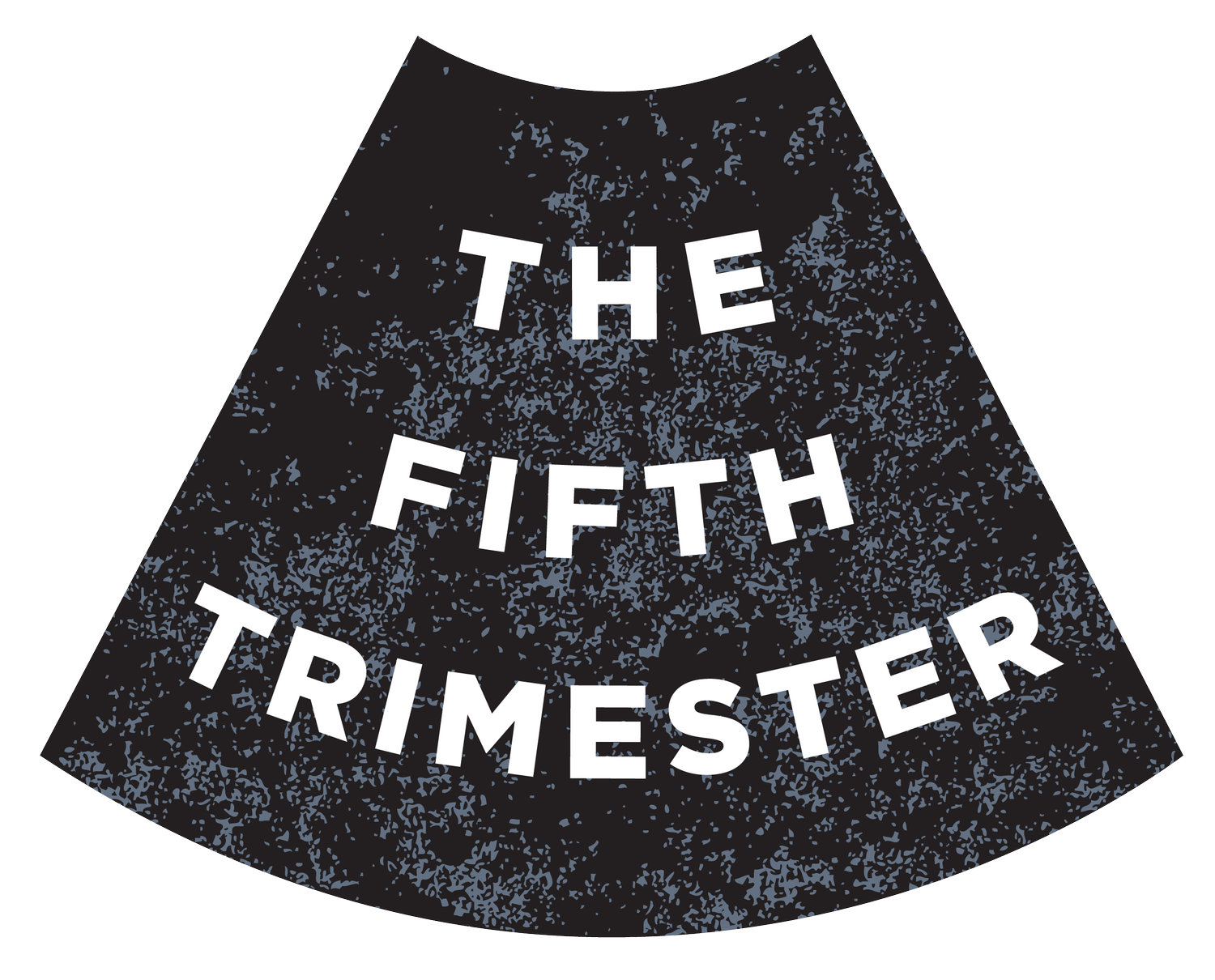Photo courtesy of Pond's End Productions
That's exactly 0.2% of the average American annual salary of $57,000. And that's how much it would cost to fund paid parental leave for all parents for 12 weeks following the birth or adoption of a baby. Seriously, two bucks. That's what Rep. Rose DeLauro (D — Conn.) and Sen. Kirsten Gillibrand (D — N.Y.) proposed as part of their FAMILY Act—so far, to no avail. In the meantime, private companies are doing their best to stay competitive by offering their own versions of paid leave.
The latest and greatest is Etsy, which announced yesterday that it will offer all new moms and dads 26 weeks of paid parental leave, to be taken over the first two years of a baby's life—along with lots of new support programs. That is awesome, obviously, and part of a trend of one-upmanship among tech companies that I'm happy to cheer on. But here's what's especially cool: Fred Wilson, a venture capitalist at USV, who sits on the board of Etsy, gave his blog readers a glimpse at the thinking behind the new policy. It was fueled, Wilson writes, by the need to stay competitive in recruiting and retention (no surprise there), but also because, he explains:
"Etsy is a marketplace where creative entrepreneurs, many of whom are women, can create a more fulfilling and flexible way to support their families. An important goal of this policy change was to align the internal company values with the marketplace values."
Makes a ton of sense. But Fred, wisely, also points out that Etsy is able to make this change because it's a large company, with the scale to support these policies. He writes:
"It's easier to do this sort of thing when you have a workforce in the thousands or tens of thousands than when you have a team of four people working from a co-working space."
Or how about a team of one, like the lovely Etsy vendors I buy from when I need a sweet, unique baby gift, or "homemade" Phineas and Ferb Halloween costumes (homemade by some other far-more-fabulously skilled mom than me)? What about those individual entrepreneurs? Where is their leave—paid or unpaid? Non-existant. Which brings me back to two dollars. Because I would happily spend that, many times over, if it meant we could catapult the U.S. into the present and in line with the rest of the civilized world.


